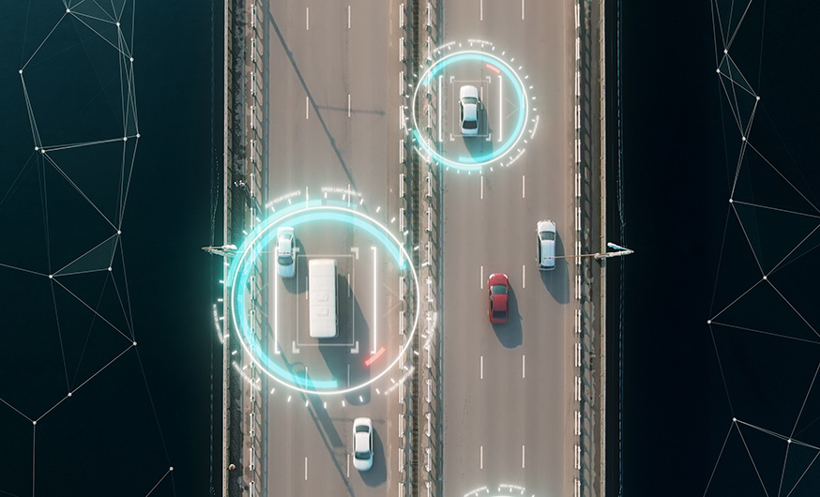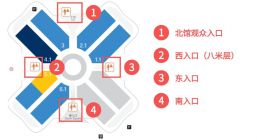Scan QRCode

In the 20th century, many people saw the automobile as a symbol of personality to express their yearning for freedom.Yet future generations are likely to see cars differently.
Automated, on-demand mobility allows people to go anywhere they want without the cost of buying, maintaining and insuring their cars, or having to go through an annual inspection, change the oil, change the tire or call a repairman when the engine check light comes on.
These will be the responsibility of mobile travel providers, but they also need to consider another major factor -- network security.Different from cars of the past, modern connected transportation technology requires more effective network security performance to ensure that cars can be safely designed, deployed and maintained.
In recent years, cars have become more connected and software-driven, but carmakers have underestimated the cyber security threats they face.There were more reports of software flaws in cars until 2015, when security researchers discovered that a jeep traveling at 70 MPH on a highway could be remotely attacked.

We now realize that cars are vulnerable, and as software drives and automation improve, they will become more complex.The car safety challenge is only going to get worse in the coming years as smart infrastructure spreads.
Many believe that the introduction of industry standards and related regulations will provide guidance for automakers to closely integrate safety into their processes to design, build and manage vehicles safely.One example is California regulations that require self-driving cars to meet certain safety standards.
As the mobile and the global car practice strategic analysis director Roger c. Lanctot in the article "smart travel and the challenges of the smart city" (from the road to travel mobile ebook) wrote, in addition to security issues, automobile company is updating their permission management and data privacy algorithm, in response to the increasing regulatory requirements data privacy laws.
"By taking some proactive decisions and actions, the auto industry can avoid a slowdown in data monetization that would result from protecting consumer privacy, even in the context of a proliferation of driver surveillance systems," Lanctot wrote.
When it comes to ensuring the safety of self-driving cars, the industry cannot repeat the same mistakes as the technology software industry: releasing buggy software;Third-party tools, such as firewalls, intrusion detection systems, and other defenses to protect these systems, need to be constantly updated and superimposed.
Developing safe self-driving cars may be more challenging than the safety applications used by companies.Not only do developers develop billions of lines of code securely, but they also need to secure it and connect it to the owner's devices and smart infrastructure.If companies can't develop and deploy secure applications and keep them secure, where do automakers place their hopes?
The answer is likely to be the application of artificial intelligence and machine learning technologies that will play a key role in designing and developing self-driving cars.
BlackBerry data science director Ashkan Amiri and BlackBerry advanced technology development laboratory safety research and development director Andrew Walenstein in "the road to mobile travel" ebook article "using artificial intelligence to improve Internet auto safety", wrote in artificial intelligence and machine learning in modern cars and application in computer systems as easy, only need to use car as a special computer, and can also like a view of the computer network to see a car on the network.
Amiri and Walenstein also detailed how artificial intelligence can play a role in ensuring the safety of connected cars, such as:
· User authentication and authorization to detect and prevent theft;
· Malware and botnet detection to avoid advanced persistent attacks and data loss;
· Data loss monitoring and prevention to protect privacy and user information;
· Intrusion prevention and detection;
· User behavior analysis, such as detecting impaired driving ability or tired drivers;
· Monitor ECU and sensor modules to detect faulty or defective units;
· Monitor internal network to ensure communication integrity between key components of the vehicle;
· Monitor external communications, such as between vehicles or between vehicles and cloud servers, to identify interference, denial of service, etc.;
They also write that self-driving cars now generate a lot of their own telemetry data and the maturity of data analysis tools has made traditional cybersecurity technologies within reach."But only if automakers are willing to increase the processing capacity needed to collect data and operate these AI cybersecurity technologies."
But here's the crux of the matter: With car pricing so competitive that manufacturers' margins are squeezed, they may not rush to add extra costs for safety.
However, like seat belts and other functional safety features, the market will continue to stimulate the development of modern network security technology, even if the industry does not do it voluntarily, insurance companies and government leaders will demand it.
AMS2024 Exhibition Guide | Comprehensive Exhibition Guide, Don't Miss the Exciting Events Online and Offline
Notice on Holding the Rui'an Promotion Conference for the 2025 China (Rui'an) International Automobile and Motorcycle Parts Exhibition
On September 5th, we invite you to join us at the Wenzhou Auto Parts Exhibition on a journey to trace the origin of the Auto Parts City, as per the invitation from the purchaser!
Hot Booking | AAPEX 2024- Professional Exhibition Channel for Entering the North American Auto Parts Market
The wind is just right, Qianchuan Hui! Looking forward to working with you at the 2024 Wenzhou Auto Parts Exhibition and composing a new chapter!
Live up to Shaohua | Wenzhou Auto Parts Exhibition, these wonderful moments are worth remembering!
Free support line!
Email Support!
Working Days/Hours!





